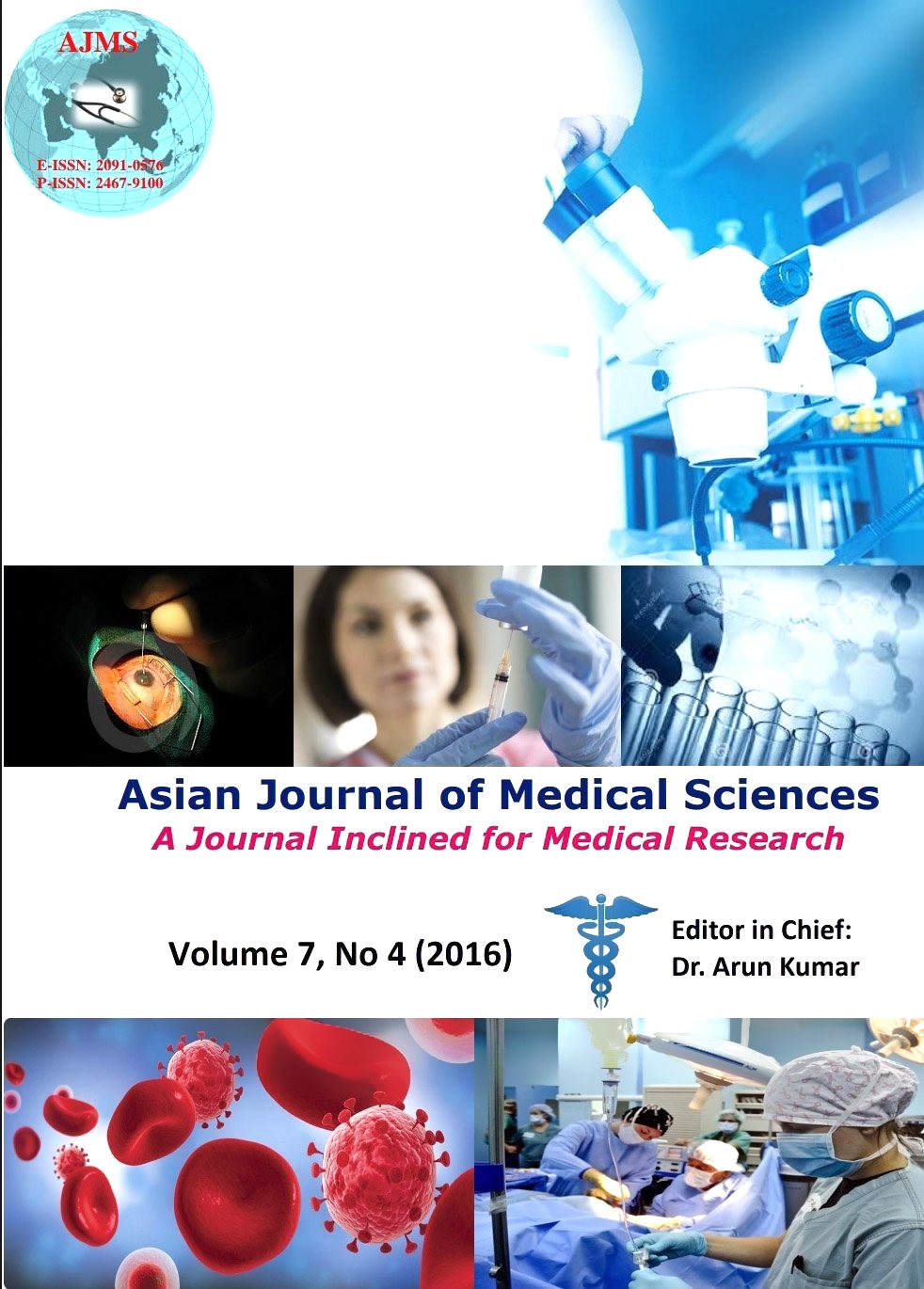Severe iron deficiency anaemia following bariatric surgery
Keywords:
Obesity, Bariatric surgery, Iron deficiency anaemia, Nutritional deficienciesAbstract
The human body stores energy in the fat cells as triglycerides, which when needed gets released as free fatty acids. This physiologic system enables humans to withstand starvation for several months. But this system may get interrupted by genetic factors and sedentary lifestyle, leading to increase adipose energy stores and morbidity or mortality. Obesity is a chronic condition, which may be difficult to treat with therapeutic lifestyle modifications alone, that is diet and exercise. In such cases, bariatric surgery (BS) is an option to lose weight, in order to prevent serious health issues. However, nutritional deficiencies following this surgery have been of great concern. This case report is regarding a young lady who developed severe iron deficiency anaemia (IDA) within 6 months of BS despite taking nutritional supplements.
Asian Journal of Medical Sciences Vol.7(4) 2016 110-112
Downloads
Downloads
Additional Files
Published
How to Cite
Issue
Section
License
Authors who publish with this journal agree to the following terms:
- The journal holds copyright and publishes the work under a Creative Commons CC-BY-NC license that permits use, distribution and reprduction in any medium, provided the original work is properly cited and is not used for commercial purposes. The journal should be recognised as the original publisher of this work.
- Authors are able to enter into separate, additional contractual arrangements for the non-exclusive distribution of the journal's published version of the work (e.g., post it to an institutional repository or publish it in a book), with an acknowledgement of its initial publication in this journal.
- Authors are permitted and encouraged to post their work online (e.g., in institutional repositories or on their website) prior to and during the submission process, as it can lead to productive exchanges, as well as earlier and greater citation of published work (See The Effect of Open Access).




